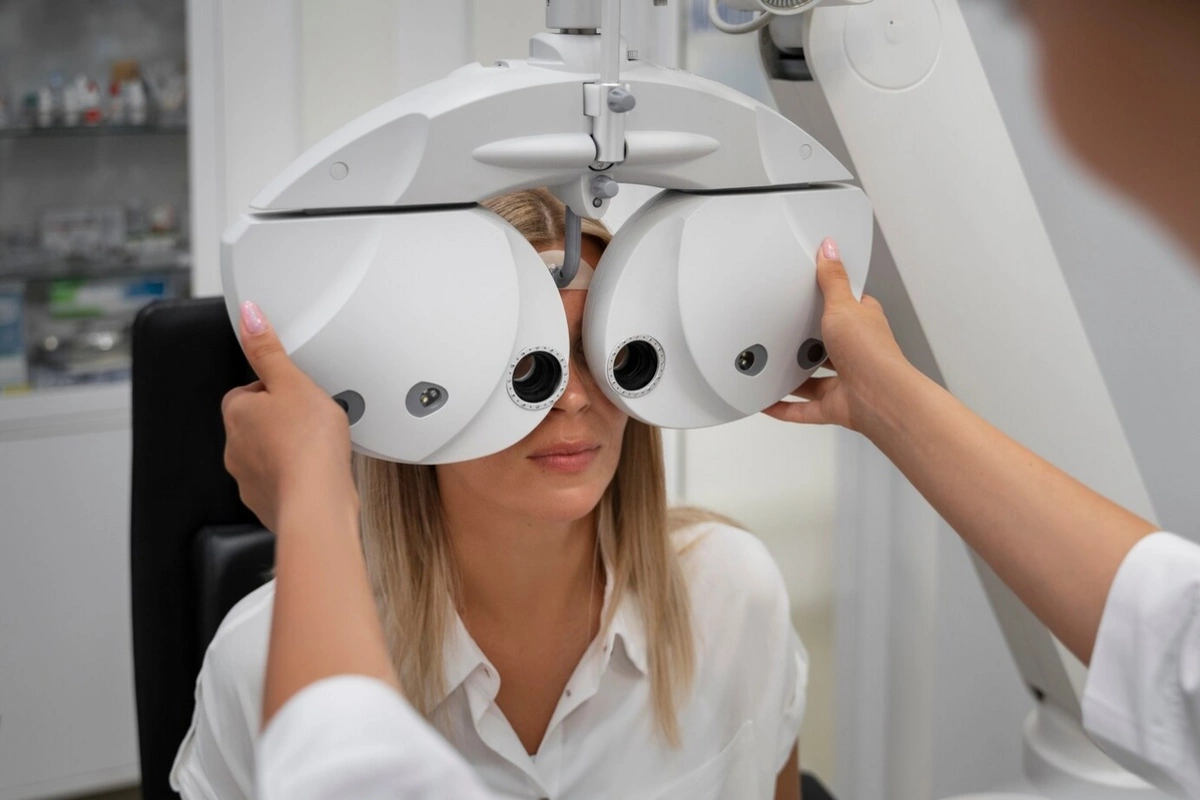A remarkable method for completely restoring vision has been discovered

Researchers from Wenzhou Medical University (China) have for the first time identified cells in humans that possess a unique ability to regenerate damaged retina, which can significantly improve vision. The results of their work are published in the prestigious scientific journal Science Translational Medicine.
Unique Cells in the Ciliary Marginal Zone
Analyzing the retina of embryos at the 21st week of development, scientists discovered stem-like neural cells in the ciliary marginal zone. Using transcriptomics and sequencing methods, they determined that these cells:
-
are capable of self-maintenance;
-
can transform into all major types of retinal cells;
-
are activated when tissue is damaged.
Laboratory and Animal Testing
Experiments on organoids - miniature models of the retina - showed that after simulating injury, the cells:
-
migrate to damaged areas;
-
restore tissue structures, including photoreceptors.
In experiments on mice with retinal degeneration, the transplanted cells:
-
remained viable for up to 24 weeks;
-
integrated into eye tissues;
-
contributed to the restoration of visual functions.
No serious side effects, such as tumor development, were recorded.
Prospects for Treating Blindness
This discovery could become the basis for developing new treatments for age-related macular degeneration and other severe ophthalmological diseases. In the future, scientists will need to:
-
confirm the safety of the method for humans;
-
develop clinical protocols for using these cells in transplantation.
Similar News
Strange zones affecting the magnetic field discovered in the Earth's interior
Scientists have discovered that mysterious ultralow-velocity zones (ULVZs), located at the boundary between Earth's core and mantle at a depth of about 2900 km,...




 Azərbaycanca
Azərbaycanca  По-русски
По-русски  English
English 





